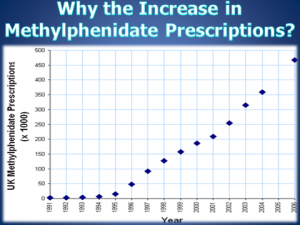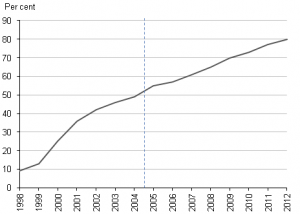A sneak peek at something from the new issue of What’s Next…
—
We’ve had Big Tobacco and Big Banks, so is it now time for Big Sugar? Sugar, alongside salt and fat are becoming political, not only because they are directly linked with a number of serious – and expensive – health issues, but because poor people trend to be fat and rich people tend not. In other words, fat is a class issue. In the UK people are, on average, three stone heavier than they were fifty years ago and this costs the NHS around five billion pounds annually to treat.
The usual explanation for this state of affairs is that the masses eat too much and don’t do enough exercise. They are greedy, lazy and ignorant and snack throughout the day. In other words, it’s their fault. But this view is now being challenged by those who argue that while it’s easily possible to avoid cigarettes and alcohol, it’s not quite so straightforward with sugar. Sugar, you see, is added to food and drink often without the knowledge of the consumer. Labelling is weak and the situation is compounded by the fact that the food industry, which has been removing fat from convenience foods since the late 1970s, has been adding sugar in various forms to make the low fat food taste more appetising. And according to the research, sugar in whatever form is highly addictive, fattening and could even be toxic.
High fructose corn syrup, developed from corn, is a particular villain and while it’s presence is usually labelled most people have no idea what it is let alone what it might be doing to them. Again, you can say that this is just ignorance on the part of consumers, but try to buy anything other than fresh fruit, vegetable, meat or fish (all increasingly expensive) from a supermarket. It’s difficult. As to specific links between sugar and obesity, it looks as though the problem could be that when the body is fed sugar it craves more sugar and this perhaps undermines the body’s in-built over-eating defences by undermining a hormone called leptin that regulates appetite. Fructose in particular is linked with liver toxicity and a host of chronic diseases ranging from diabetes to heart disease and cancers.
A fat tax aimed at the food companies (but perhaps aimed at individuals too?) might be the answer to this, at least in the sense of paying for the future trouble created, but clear public health messages and labelling would go a long way too.



